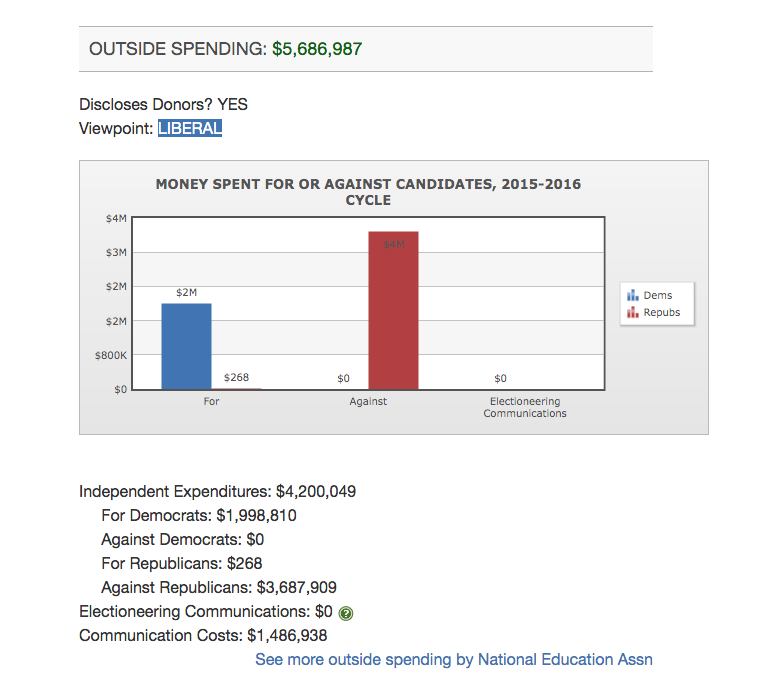Wow is it a good thing that life goes on, barbecues are happening, vacations are refreshing, and many of your Bereans are enjoying some time away from everything political. But like a bad penny that keeps showing up, our escape is cut short when we foolishly look at any news media source and see bad public policy proposals that are growing like Topsy.
Today’s note is on just one of the many that will no doubt continue as the campaign unfolds: Beto O’Rourke is now promising debt forgiveness for student loans of public school teachers. Says O’Rourke:
“Those educators struggling under these conditions, providing that kind of wraparound care for every child entrusted within their care, I want to make sure they can focus on that job, that child in front of them and not have to work a second or third job, as so many do,” he said at a candidate forum organized by the National Education Association.
Now there are no doubt many good teachers that are putting their hearts and souls into the lives of their students, and its certainly true that school teachers are remunerated less than other professions, while their education costs are similar. But there are a lot of good reasons that student loan debt is not ordinarily dischargable in the bankruptcy process: mainly education is an investment in human capital, and the benefits of that education are higher incomes than would otherwise occur absent that education. We wouldn’t think of discharging a debt for investment in any other form of capital; if the debt cannot be paid the capital would simply be foreclosed and sold to pay the debt (or as much as it could to mitigate the lenders loss). Yet since slavery is morally repugnant, we do not allow human capital to be similarly seized and sold off in debt repayment. And were young people of no assets and little income able to walk away from student debt, there would be no one willing to loan them money and provide them a way to invest in improving their own future. They would be much more dependent upon their individual family circumstances–if you start poor, it will be much more likely you will stay poor as you will not have access to the ability to develop your human capital. Unless, that is, you have the government simply give “free” education.
Now the politicians know this, of course, but good public policy has little to do with good politics. Good politics is to promise to take from one group to give to another group, while dressing it up to make it seem to be in the national interest. Its best to take from a group that is rationally ignorant about what you’re up to, and give to a group that is very politically astute as to the benefits of the government largesse. There is a reason why Mr. O’Rourke gave this speech at a forum organized by the National Education Association (the teacher’s union). You can see why the Democrats bow down to the NEA with one look at this funding chart from OpenSecrets:

But its also important to know what Mr. O’Rourke is against: any option for poor people to escape the clutches of union power, since he “would not allow any taxpayer dollars to be spent on school vouchers or private schools.” Now vouchers, charter schools and options are very popular* with many low income parents, but alas, parents are marginalized in this political process.
Where does all this concentrated union monopoly power lead? You can read about an absolute disaster in government failure of public education here in this Johns Hopkins report on Providence RI schools (HT to the WSJ). I’ll return to this theme undoubtedly in future posts, but the main point is that when government is the single provider of a service, you have the worst kind of monopoly. My take is that Mr. O’Rourke will find this to be too little, too late. He is too white and too male for the energized Democratic base, and he is too unproven for the Democratic establishment.
* There appears to be a “Trump effect” in recent polling, since Donald Trump has strongly supported charter schools public support has reflexively dropped, but the real test of preference is when these programs are enacted do people sign up. When they have the opportunity, poor people often vote with their feet to non-union charter and private schools if they are able.
 Bert Wheeler
Bert Wheeler
 Jeff Haymond
Jeff Haymond
 Marc Clauson
Marc Clauson
 Mark Caleb Smith
Mark Caleb Smith
 Tom Mach
Tom Mach